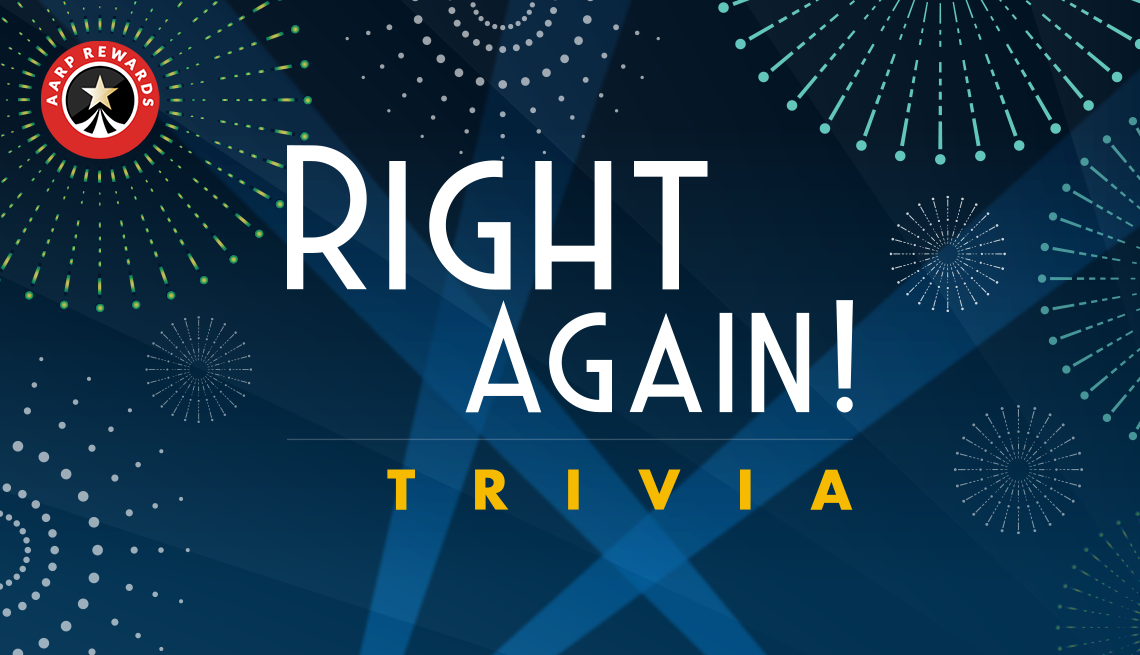@wilful
It happens - how often, I don't know -
Survivors benefits can be extended to one's widow/widower or to a long ago divorced spouse under certain conditions, dependent children or other dependent people and sometimes even to parents.
However, as the fund goes, you do have to think of it as insurance not a retirement program.
Think of the Greatest Generation women who never worked outside the home - when their husbands retired - he got his share and they got 50% of that - he paid no extra into the program during his working years. Same thing with Medicare, doesn't matter if you ever worked as long as one of the spouses in the relationship did.
Social Security, the benefit, isn't figured based on how much you paid into the program, as long as you and your employer did participate - it is figured on your wages during your 35 years of working.
Insurance is based on making it - it is a gamble - you could have to use it earlier if you become disabled or die before you get any of the old age benefit.
A retirement program would have a designated beneficiary of the owner choice -
Not so with Social Security - the insurance benefit just flows to somebody else in the program that meets the eligibility requirement.
My Dad died when he was 58 - he had worked long and hard (brickmason).
Never got any Social Security benefit - but my mother, who never worked, began getting his Survivors (Widows) benefit at age 60 and continued to get it for almost 30 years.
IT‘S ALWAYS SOMETHING . . . . .. . . .
Roseanne Roseannadanna












































































